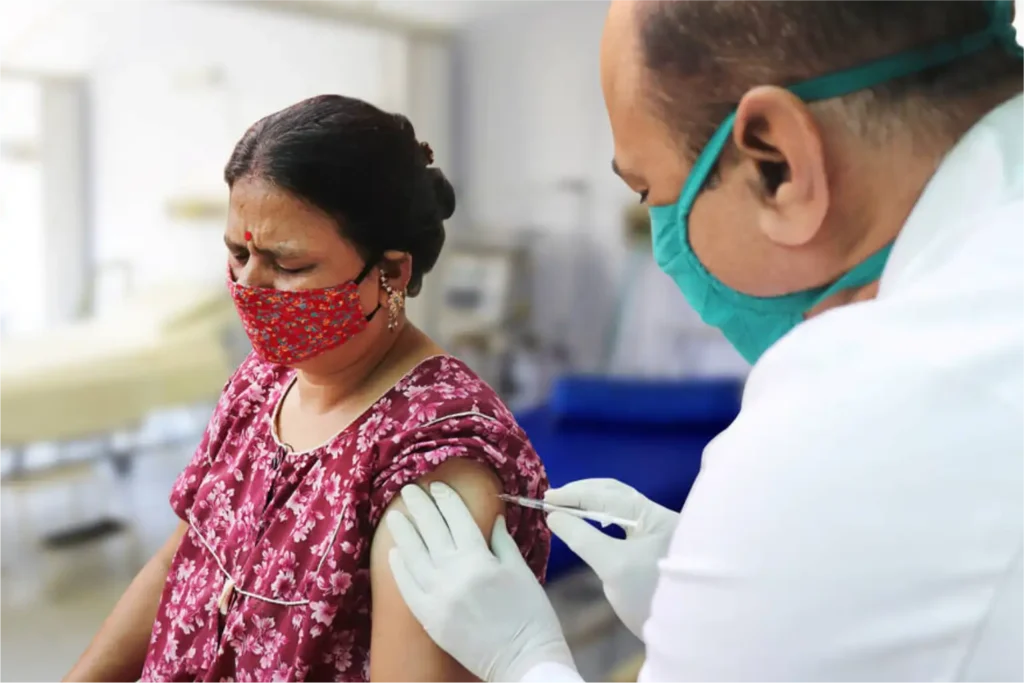
Union Health Minister J.P. Nadda informed the Lok Sabha that receiving a COVID-19 vaccination does not increase the risk of heart attacks. The clarification came in response to a written question, amid public concerns over potential links between vaccination and cardiac events.
Nadda explained that India does not maintain centralised data on heart attack cases, as these incidents are not notifiable and there is no national registry to track them. However, he cited findings from a multi-centric matched case-control study conducted by the Indian Council of Medical Research’s National Institute of Epidemiology (ICMR-NIE) in 25 hospitals across the country.
Also Read | India’s COVID-19 cases down after mid-June peak: Govt
The study focused on patients aged 18 to 45 years who were admitted between October 2021 and January 2023 with newly diagnosed acute myocardial infarction (AMI). These cases were compared with hospitalised patients in the same age group who were admitted for other conditions during the same period. The study collected data on various potential risk factors, including vaccination status, comorbidities, smoking history, and family history of thrombotic events.
According to Nadda, the study found that COVID-19 vaccination had no effect on the risk of developing AMI. In contrast, the presence of known comorbidities, a family history of thrombotic events, and a history of smoking were associated with an increased risk of heart attack, even among those without other underlying conditions.
The minister also highlighted the government’s ongoing efforts to strengthen cardiac care and research. He noted that ICMR has funded two advanced research centres focused on cardiac disorders in the past two years. Additionally, the National Health Mission (NHM) continues to support states and Union Territories through the National Programme for Prevention and Control of Non-Communicable Diseases (NP-NCD), under which hundreds of cardiac care units and NCD clinics have been set up across the country.
Nadda’s remarks come as part of broader government efforts to reassure the public about vaccine safety and to encourage focus on established cardiovascular risk factors.








